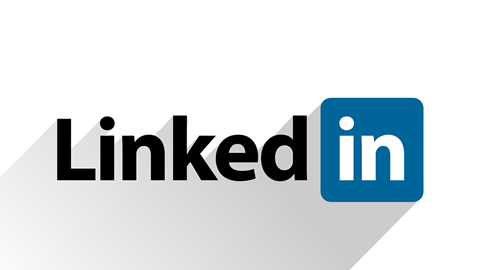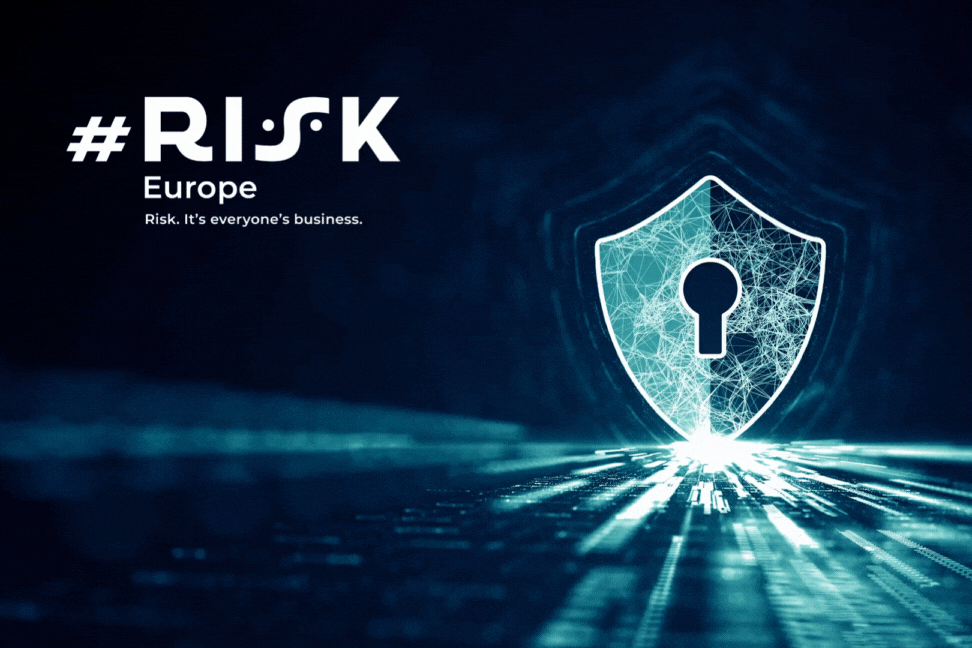The United States’ Supreme Court has given LinkedIn another opportunity to try and stop hiQ Labs harvesting personal information from the professional networking platform’s public profiles.
The court rejected a lower court ruling which had barred Microsoft subsidiary LinkedIn from denying hiQ access to data which network members had made publicly available.
At issue is whether companies can use the Computer Fraud and Abuse Act, which prohibits accessing a computer without authorisation, to block competitors from harvesting vast amounts of customer data on public-facing parts of a website, Reuters news agency reported.
LinkedIn contends the scraping threatens its users’ privacy.
The Supreme Court has sent the case back to an appeals court in San Francisco to reconsider in light of a Supreme Court ruling earlier this month that a person cannot be guilty of violating the law if they misuse information on a computer that they have permission to access.
HiQ uses data for products which analyse employee skills or alert employers when individuals could be looking for a new job.
The company accuses LinkedIn of anti-competitive conduct. Public data must remain public, hiQ argues, and innovation on the internet should not be stifled by anti-competitive hoarding of public data by a small group of powerful companies.
LinkedIn told the Supreme Court that hiQ’s software bots can harvest data on a massive scale, far beyond what any individual person could do when viewing public profiles.
PrivSec Global
Register to PrivSec Global and tune into the “Why the Future of Trust Must Be Built on Data Transparency,” on June 22 at 2:00pm BST | 3:00pm CEST | 9:00pm HK.
Speakers include
- Tilman Harmeling, Entrepreneur in Residence, Usercentrics
- Tianna Powell, Director, DPO Group
- Sana Naman, Data Protection Lead, Harvey Nichols
- Christian Lawaetz Halvorsen, CTO & Co-founder, Valuer.ai










No comments yet